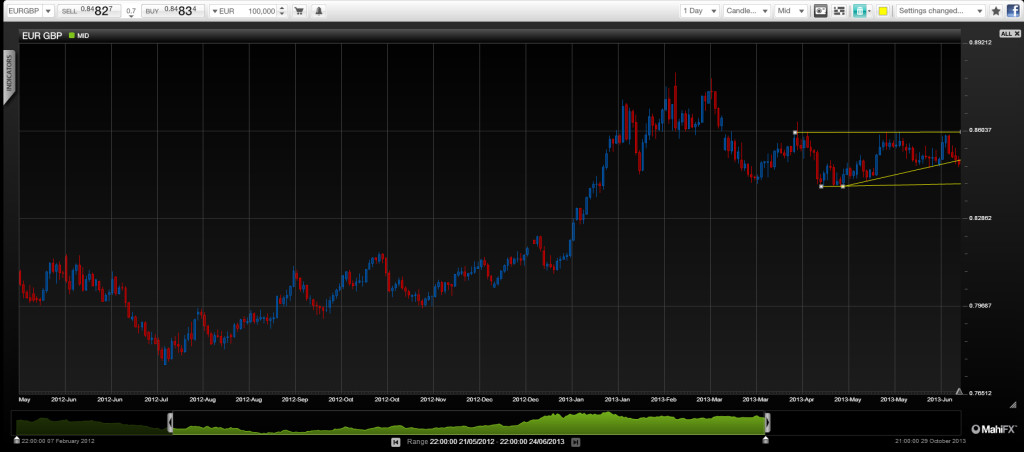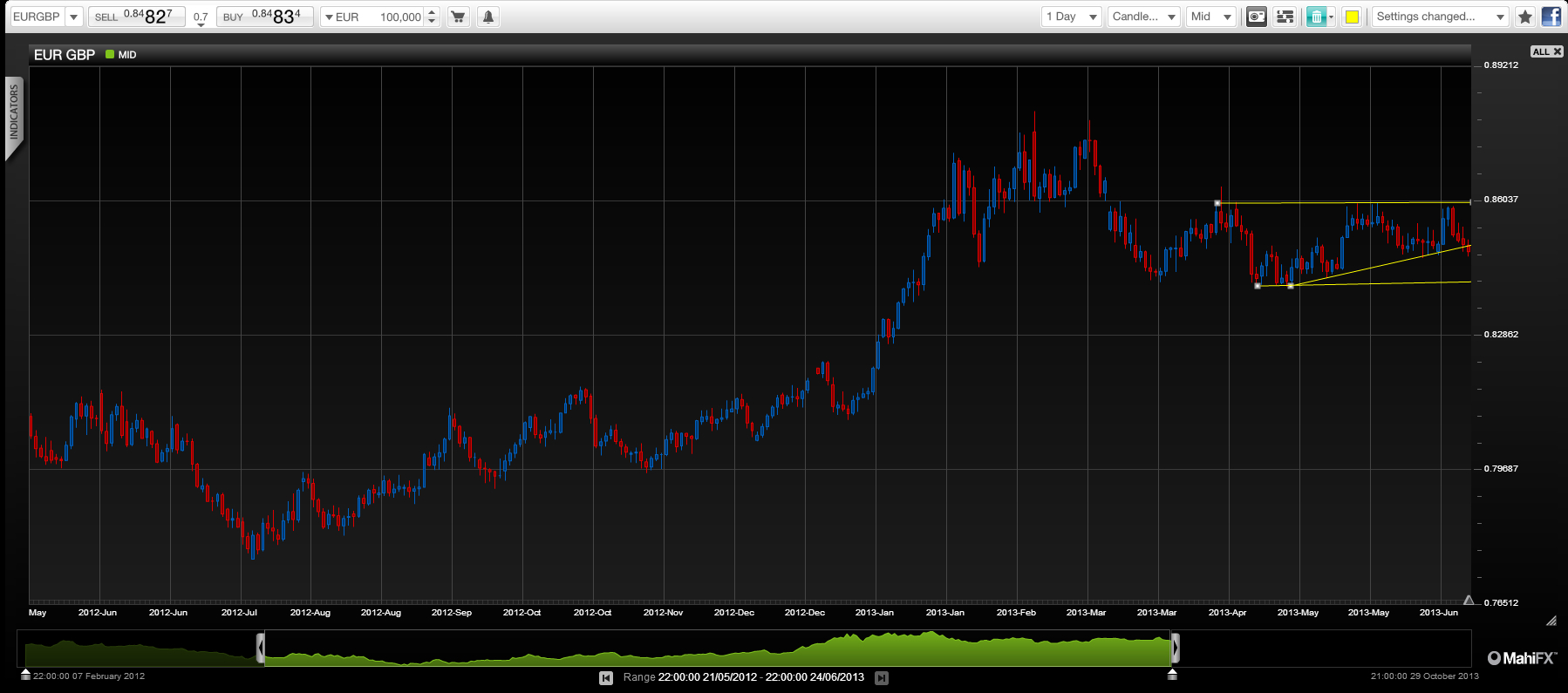The UK’s coalition government will be pulling out all the stops to win the next general election due in under two years time, which is likely to be bullish for GBP in the short- to medium-term, but will store up big problems later on.
If recent opinion polls are anything to go by the ruling Conservative Liberal-Democratic coalition faces an uphill struggle at the general election, which must be held before May 7, 2015. This means the very necessary rebalancing of the economy towards exports and manufacturing and reversing soaring national debt will take a back seat while the government tries to create a feel-good factor.
By Justin Pugsley, Markets Analyst MahiFX Follow MahiFX on twitter at: https://twitter.com/MahiFX
The government is already putting the policies in place. The Help to Buy scheme involving state-backed mortgage guarantees for people who can’t afford a full deposit on a home could run to £130 billion. No doubt the government hopes higher property prices will fuel more building activity and send more consumers to the shops. As election day approaches other economic goodies are likely to be handed out.
For a period this will inject some life into the UK’s anaemic economy and will sway the Bank of England to be more cautious over more quantitative easing. A higher GBP will also keep the lid on imported inflation meaning consumers will have more disposable income. Also, a more buoyant economy is likely to attract speculative capital into the UK.
EUR/GBP chart

UK can’t support a consumer driven recovery
The problem is that the UK economy cannot support a consumer driven economic recovery. It would suck in imports at a time when the current account deficit is 3.7% of GDP – on very little growth – and is at a level, which is already strongly bearish for GBP.
The problem is that UK’s manufacturing base has shrivelled to just 12% of GDP meaning its capacity to ramp up exports is limited and expanding it and finding new markets takes time. Also, the Eurozone isn’t growing, the Chinese economy is heading for trouble and the US economic recovery might be stalled by the Fed winding down QE.
At the same time one of the most important UK sectors, financial services at 9% of GDP, is now in permanent decline thanks to tougher regulation and had probably grown far bigger than it should have during the credit fuelled go–go decade up to 2007.
A focus on a consumer led recovery for the UK against a backdrop of a sluggish global economy, risks seeing the current account deficit swell to possibly over 5% and eventually the forex markets will take notice. What could follow is a run on the GBP creating a new set of economic problems.
The government is also taking on extra risk with the Help to Buy scheme, which seems risky given the budget deficit is around 7.8% of GDP and falling very slowly. The next government, very likely to be led by the Labour party, may have to sort out the aftermath while facing currency crisis.
As the global financial crisis demonstrated economic fundamentals always assert themselves in the end and the longer that process is delayed usually the more painful it is when it eventually happens.
Further reading: GBPUSD forecast.
